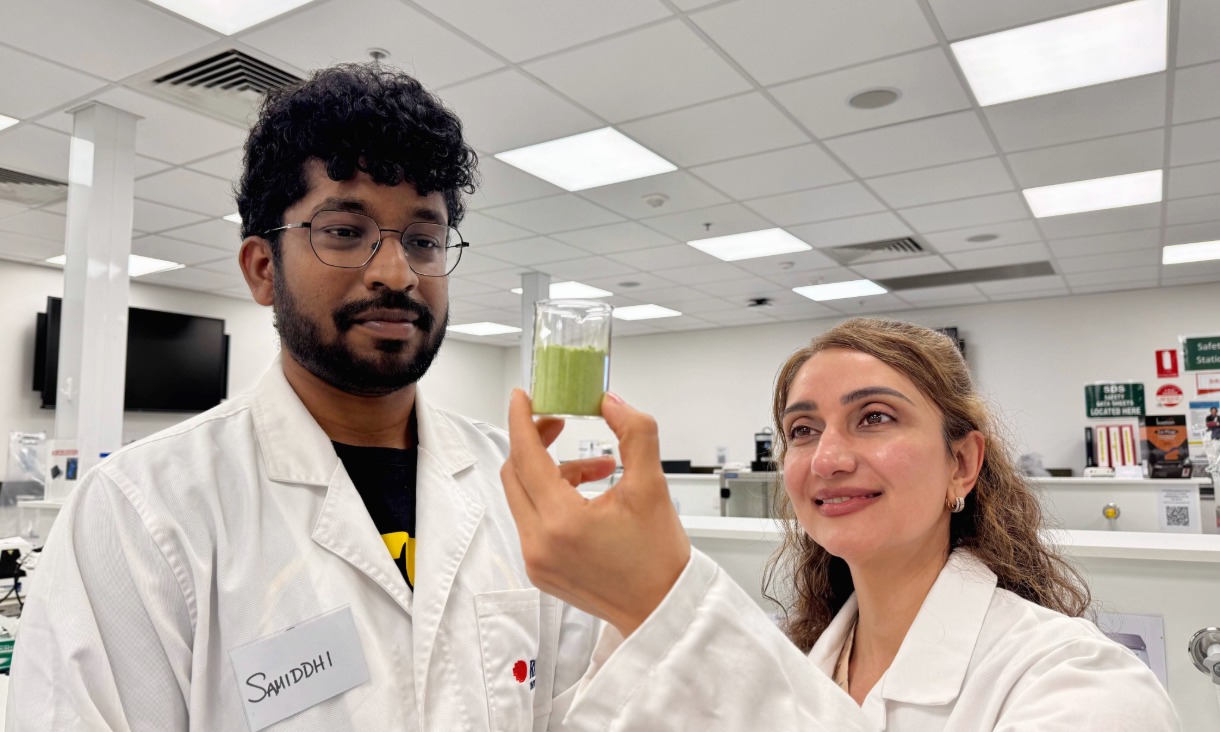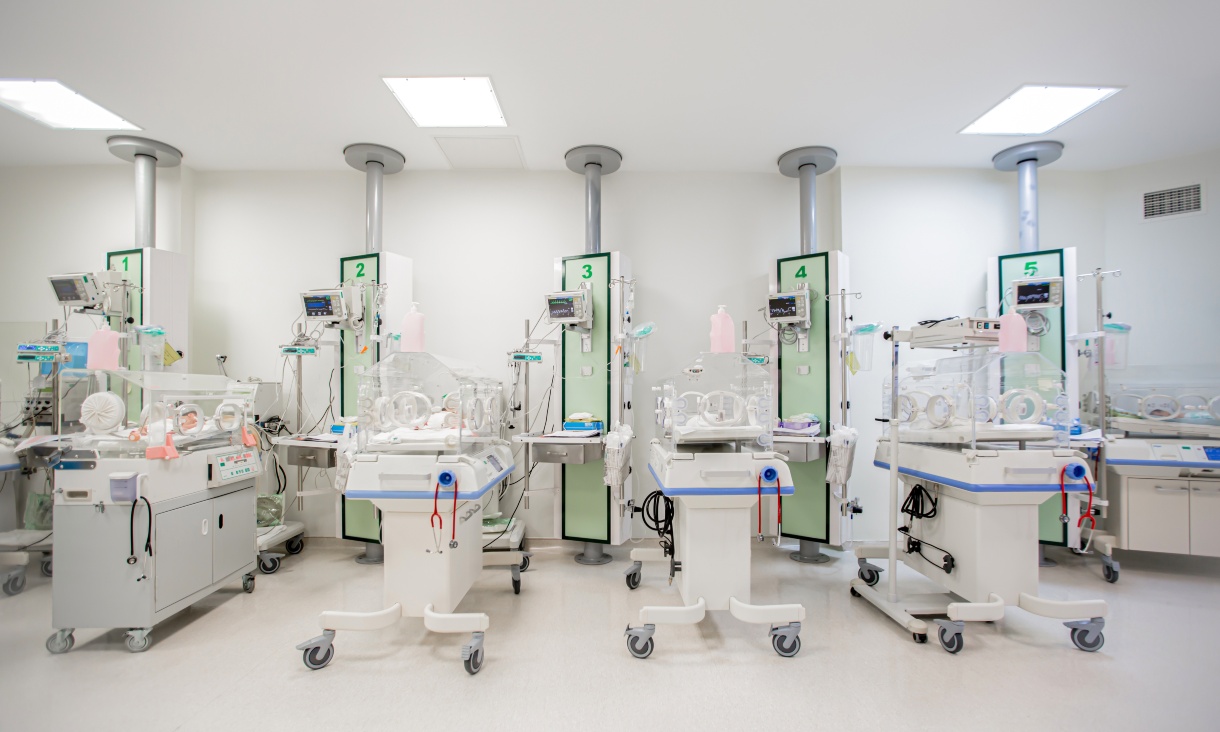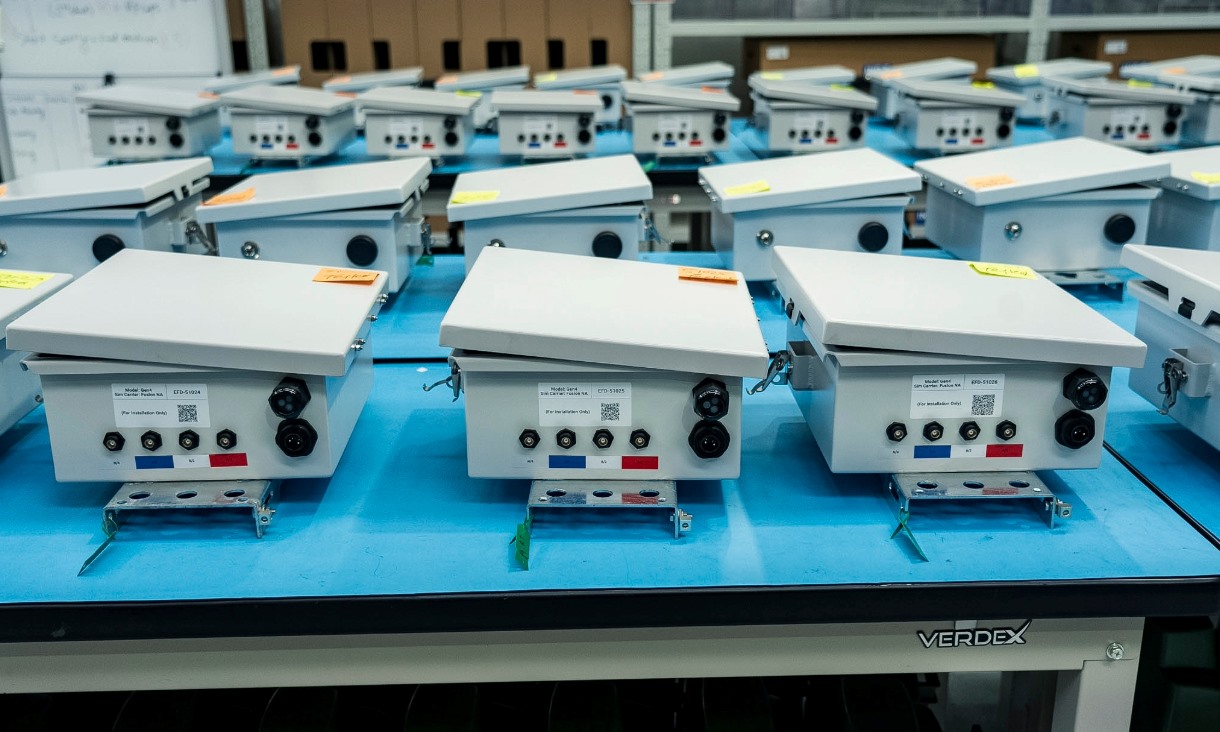The CSIRO’s Next Generation Graduates Programs are industry-university partnerships aimed at developing a pipeline of home-grown, job-ready graduates to unlock the immense economic opportunity offered by AI and emerging technologies. In this latest round, 14 programs were funded, with RMIT to lead four, including two by our Centre for Industrial AI Research and Innovation (CIAIRI), one by our Enterprise AI and Data Analytics Hub, and one by the Sir Lawrence Wackett Defence and Aerospace Centre. RMIT will also support a further three.
These programs will provide generous scholarships to domestic PhD students which allows them to be part of a multi-disciplinary team aimed at solving real-world challenges.
If you are interested in applying for the Next Generation Graduates Program - contact ciairi@rmit.edu.au.
RMIT Deputy Vice-Chancellor Research and Innovation and Vice-President, Professor Calum Drummond AO, said the CSIRO Next Generation Graduates Programs provides a great opportunity for RMIT.
“RMIT is a university with technology in its name and industry partnering at its core,” he said
“This important suite of projects showcase our strength in embracing existing and emerging technologies to help combat the most important issues facing our community.”
He said RMIT’s involvement in seven programs – the most of any Australian university – was also a recognition of RMIT’s very strong capability in these critical research and innovation areas:
AI for Next Generation Food & Waste Systems (RMIT led, La Trobe supported)
This program addresses the skills shortage in adopting advanced AI technologies in the areas of food and waste, a critical national manufacturing priority. This will boost food productivity, improve food quality control and logistics, reduce, and better manage waste generated during the life cycle of food production and consumption.
This program is of great significance as the global food crisis deepens day by day. Through a range of industry-driven research activities, this program will produce a cohort of graduates that are not only equipped with practical AI skills but also ready to integrate into food and waste related industry sectors to generate real impact.
Read more
RMIT Chief Investigators: Professor Juerg von Kaenel, Associate Professor Andy Song, Professor Benu Adhikari, Associate Professor Samantha Richardson, Dr Huong Ha
RMIT Associate Investigators: Prof. John Thangarajah, Prof. Alireza Bab-hadiashar, A/Prof. Jeffrey Chan, A/Prof. Simon Lockrey, Dr. Minyi Li, Dr. Son Hoang Dau, Dr. Michael Dann, Dr. Haytham Fayek, Dr. Azadeh Alavi.
Developing Digital Capabilities to Support the Aged Care Sector (RMIT led, Victoria and Newcastle supported)
One of the recommendations in the Royal Commission into Aged Care Quality and Safety is to adopt technology to transform the aged care system so that carers' time can be best used to deliver quality care. The report also recommended the use of technology to increase connectedness of older Australians – to one another, families and carers, and to the broader community.
This program aims to reimagine the role of technologies like AI, AR/VR and sensors which are critical in ensuring the sustainability of the sector. Our industry partners are driven by these challenges everyday thus, the research undertaken in this program will have great significance and impact.
Read more
RMIT Chief Investigators: Professor Kok-Leong Ong, Associate Professor Andy Song, Dr Chao Chen
RMIT Associate Investigators: Professor Babak Abbasi, Dr. Yee Ling Boo, Dr. Yiliao (Lia) Song, Dr. Sarah Sinclair.
AI Techniques for Emergency Management and Critical Infrastructure (RMIT led, Sydney Uni supported)
This program will produce a cohort of graduates with much-needed skills in AI to support critical infrastructure and community safety.
Some of the common AI techniques across the selected projects are:
- computer vision -creating 3D reconstructions from 2D images of interior designs and to detect potential hazards and threats via surveillance videos
- agent-based modelling and simulation (ABMS) - which is becoming increasingly popular to model and simulate the management of disaster events such as floods and bushfires and
- digital twin technology - which involves complementary approaches of digitising models of infrastructure, the people, and the business processes and one of the projects investigates the integration of all three aspects.
Read more
RMIT Chief Investigators: Professor John Thangarajah, Professor Sujeeva Setunge, Dr Erica Kuligowski, Dr Ruwan Tennakoon, Dr Sebastian Rodriguez
RMIT Associate Investigators: Dr. Dhirendra Singh, Dr. Son Hoang Dau, A/Prof. Julie Porteous, Dr. Michael Dann, A/Prof. Andy Song, Dr. Mojtaba Mahmoodian, Prof. Kevin Zhang, Dr. Lei Hou
Applied AI and Digital Innovation for Defence and Aerospace Applications (RMIT led, Charles Darwin supported)
This program will deliver graduates capable of tackling Australia's pressing current and future challenges in the defence and aerospace sectors through the application of AI and digital technologies. It will expand opportunities for diverse communities of students and create workers skilled in emerging technologies, including applied AI, digital twins and threads, machine learning, robotics, cyber security, and modern manufacturing.
This interdisciplinary program builds on the strategic partnership between RMIT University and Charles Darwin University (CDU), which will see the creation of a joint Aerospace and Defence Industries 4.0 TestLab in the Northern Territory.
Read more
RMIT Chief Investigators: Dr Jennifer Palmer, Professor Pier Marzocca, Associate Professor Selina Fothergill, Professor Ivan Cole, Professor Xiuzhen (Jenny) Zhang
RMIT Associate Investigators: Prof. Brian Flazon, Prof. Xavier Mulet, Prof. John Thangarajah, Prof. Fabio Zambetta, Prof. Liuping Wang, Dr. Man (Annie) Liang, Dr. Ruwan Tennakoon, Dr. Haytham Fayek, Dr. Timothy Wiley, Dr. Azadeh Mirabedini.
AI for Clean Energy and Sustainability (Monash led, RMIT supported)
Delivering clean and sustainable energy and enabling energy transition is a global challenge. AI is expected to play a significant role in this transition by enabling more effective models and tools, accurately predicting reliable supply, optimising maintenance and operations, making smarter decisions and assessing risk.
This program will focus on the Recycling and Clean Energy National Manufacturing Priority to teach a variety of HDR students innovative AI technologies driven by these industry priorities.
Read more
RMIT Chief Investigators: Associate Professor Mahdi Jalili
Central Bank Digital Currency – Infrastructure & Applications (Macquarie led, RMIT and UTS supported)
A Central Bank Digital Currency (CBDC) would be a new digital form of money issued by the Reserve Bank. It could be designed for retail or general use, like a digital version of banknotes.
The development and deployment of robust, efficient and trusted CBDC requires the design, engineering, proving and integration of a suite of technologies including blockchain, security and privacy preserving solutions and regtech (surveillance, alerting and compliance) technologies and the skilled graduates to help implement them.
Read more
RMIT Chief Investigators: Professor Iqbal Gondal, Associate Professor Chris Berg
Artificial Intelligence of Things Empowering Industrial Digital Twin (La Trobe led, RMIT and Swinburne supported)
This program will develop new digital twin solutions powered by a combination of AI and Internet of Things (IoT), to meet the needs of industry partners, seeking improved productivity and reduced maintenance and management costs.
By representing physical objects digitally, digital twins can harness real-time IoT data and optimise performance using AI and data analytics. Several research and industry challenges will be addressed, including accurate 3D modelling, digital twin model optimisation, reliable connectivity between the physical world and digital world, and edge AI models.
Read more
RMIT Chief Investigators: Associate Professor Andy Song
RMIT Associate Investigators: Dr Haytham Fayek
Each bid cuts across disciplines, schools and in some cases Colleges. They are cross disciplinary and bring together researchers from different fields to address practical industry needs.
We would also like to acknowledge the professional team who were integral with keeping these submissions on track resulting in the great success in these bids.
Story by: Thomas Odell







